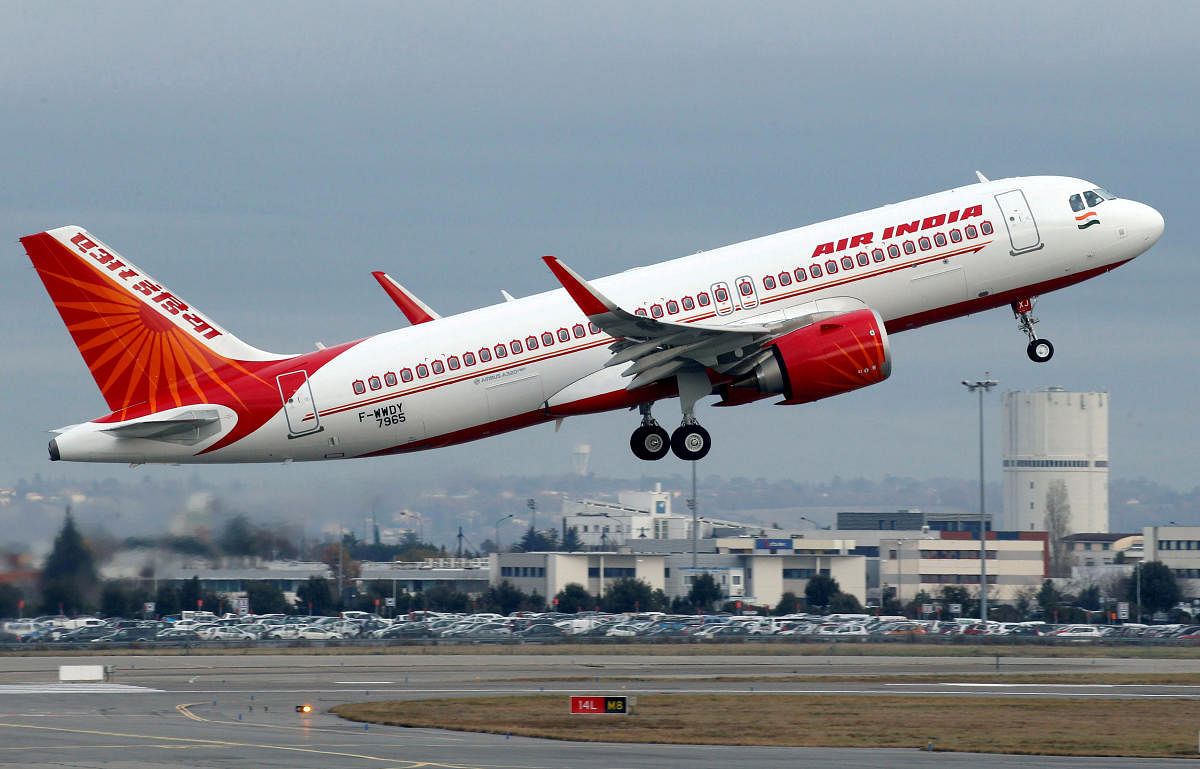Seven foreign destinations have been identified by the government to roll out the international version of UDAN to enable people to fly abroad for cheaper options.
The Ministry of Civil Aviation released the draft UDAN -International scheme on Tuesday evening. As per the draft, the scheme provides for a subsidy to selected airlines for the unsold seats from the number of seats as a bid by the airline to make operations viable.
There is no cap on airfare as in the Regional Connectivity Scheme though the plan has its origin from this programme. This scheme is aimed at encouraging airlines to start international operations from states to chosen destinations.
Civil Aviation Minister Suresh Prabhu on Wednesday said the scheme will involve a state government-led effort wherein the states will propose the list of routes to be connected. "Presently, Assam and Andhra Pradesh have come forward to participate under the scheme," he said.
Under the scheme, the states will be responsible for funding the financial benefits. "The scheme envisages providing monetary support, in the form of a subsidy per seat, for the unsold seats from the number of seats as a bid by the airline to make operations viable," he said.
The objective of the UDAN (International) scheme is to enhance international air connectivity between Indian states and select international destinations through the provision of financial support to airlines. It is the next step after the positive domestic impact of UDAN, he added.
As of now, eight routes have been identified, from Guwahati to Dhaka, Kathmandu, Yangon, Kuala Lumpur, Singapore and Bangkok as well as Vijayawada to Singapore and Dubai. As per the draft, subsidy per seat proposed from Guwahati ranges between Rs 2,370 (Dhaka) and Rs 7,880 (Singapore).
"With the International Air Connectivity Scheme-UDAN, we trying to make flying to international destinations more accessible to our citizens. This will help improve overall connectivity and spur trade, tourism and economic growth in the country," Prabhu said.
According to the draft, some states also felt that facilitating/stimulating international air connectivity like it was done for regional domestic routes would be "desirable" from a public policy perspective and may need financial support, at least in the initial period, to trigger participation of airlines.
"Such state governments desire to have direct scheduled flights between their respective states and select international destinations to promote socio-economic growth," the draft said.

